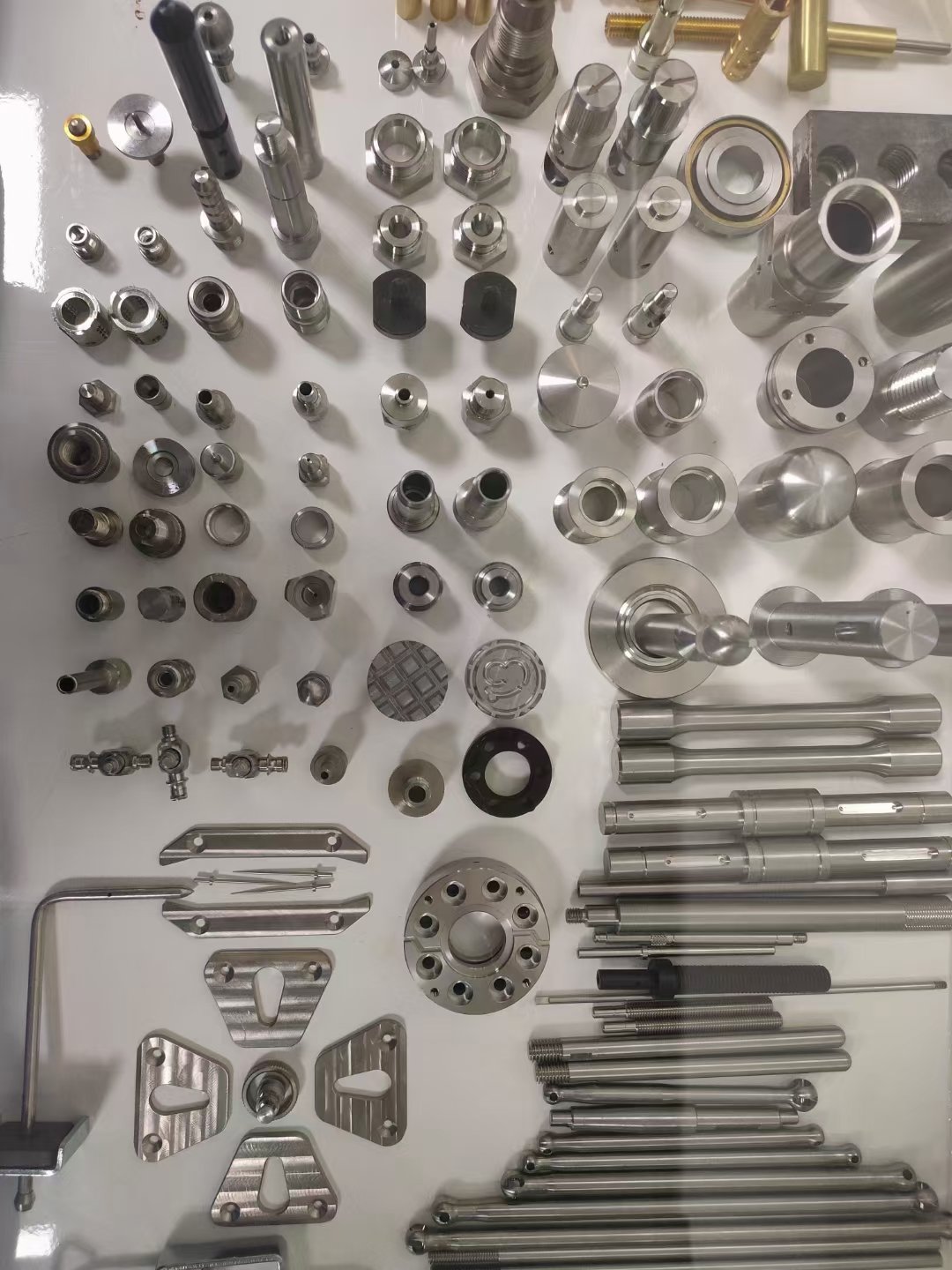At Jupaicnc, we specialize in providing high-precision CNC machining services for medical components, including MRI-compatible medical device prototypes. Our commitment to excellence in the manufacturing of medical components has made us a trusted partner for organizations requiring advanced, custom solutions. Medical device prototype CNC machining is a critical process, particularly when it comes to creating devices intended for use in an MRI environment. These devices must meet stringent electromagnetic compatibility (EMC) requirements to ensure they don’t interfere with the MRI’s magnetic field or radiofrequency signals. At Jupaicnc, we understand these complexities and focus on delivering solutions that align with the rigorous standards necessary for MRI-compatible devices.

One of the key considerations when machining medical components for MRI compatibility is material selection. The materials used must be non-ferromagnetic to avoid interference with the MRI scanner’s magnetic field. Common materials like stainless steel or aluminum are typically used for their non-magnetic properties, but each material choice requires careful assessment to ensure it meets the specific performance and safety standards required for MRI environments. Jupaicnc’s experienced engineers are adept at selecting the most suitable materials for each project, ensuring that the prototype’s design integrates seamlessly with the medical equipment’s intended function.
Furthermore, the complexity of machining medical components for MRI-compatible devices lies in the intricate geometries and tight tolerances that must be maintained. Medical device prototypes often have complex, detailed features that are critical to their functionality. In these cases, our CNC machining capabilities allow us to produce parts with high precision, ensuring that all specifications are met and the prototypes function correctly. We understand that in the healthcare sector, any slight deviation in machining can lead to significant operational issues, making the accuracy of the machining process crucial. At Jupaicnc, we use state-of-the-art CNC machines to achieve this level of precision, combining cutting-edge technology with expert knowledge of medical device requirements.
The prototyping phase is particularly important for medical devices, especially those that will eventually be used in MRI systems. Prototypes allow manufacturers and healthcare providers to assess the device’s fit, functionality, and overall design before full-scale production. CNC machining enables rapid production of prototypes with unparalleled accuracy, allowing for quick iterations and adjustments. At Jupaicnc, we work closely with our clients to ensure that each prototype is tested thoroughly, both mechanically and in its ability to function within the MRI environment. Our advanced CNC machining process ensures that prototypes not only meet but exceed the stringent requirements set by regulatory bodies such as the FDA and ISO standards.
Additionally, post-machining processes like surface finishing and coating play a critical role in ensuring the device’s performance in an MRI environment. The smoothness of the surface affects both the device’s structural integrity and its interaction with the MRI’s magnetic fields. Jupaicnc’s expertise in these processes ensures that every component is treated with the utmost care to maintain its performance under MRI conditions. Whether the component requires polishing, coating, or another form of surface treatment, our team ensures that the final product is free from defects and perfectly suited for its intended application.
The complexity of medical device prototype CNC machining extends beyond the material and precision requirements; it also includes a deep understanding of the medical industry’s regulations and standards. Devices used in MRI environments must undergo strict testing and certification processes to ensure their safety and functionality. At Jupaicnc, we remain up-to-date with the latest regulations and best practices, ensuring that every project we undertake complies with industry standards. By integrating these standards into our machining process, we ensure that the prototypes we produce are not only functional but also safe for use in critical medical applications.
Our commitment to providing high-quality MRI-compatible medical device prototypes through CNC machining is rooted in our deep understanding of both the technology and the healthcare sector. Each medical component we manufacture is built with precision and care, ensuring it meets the highest standards of safety, functionality, and reliability. The knowledge and expertise of our team, combined with the advanced capabilities of our CNC machining systems, make Jupaicnc the ideal partner for producing MRI-compatible medical device prototypes that are ready for testing, certification, and production. This thorough, detail-oriented approach is what sets us apart in the field of medical components prototype machining.
